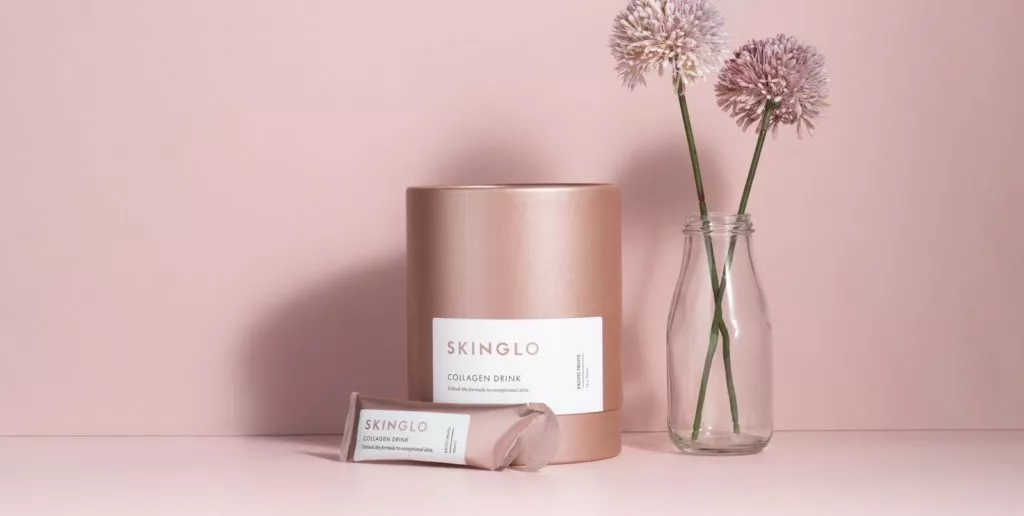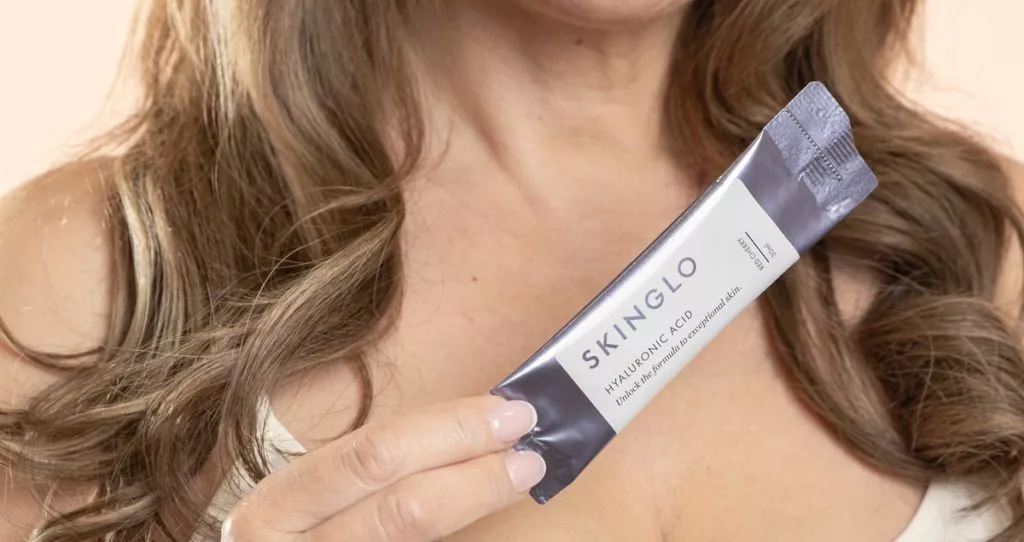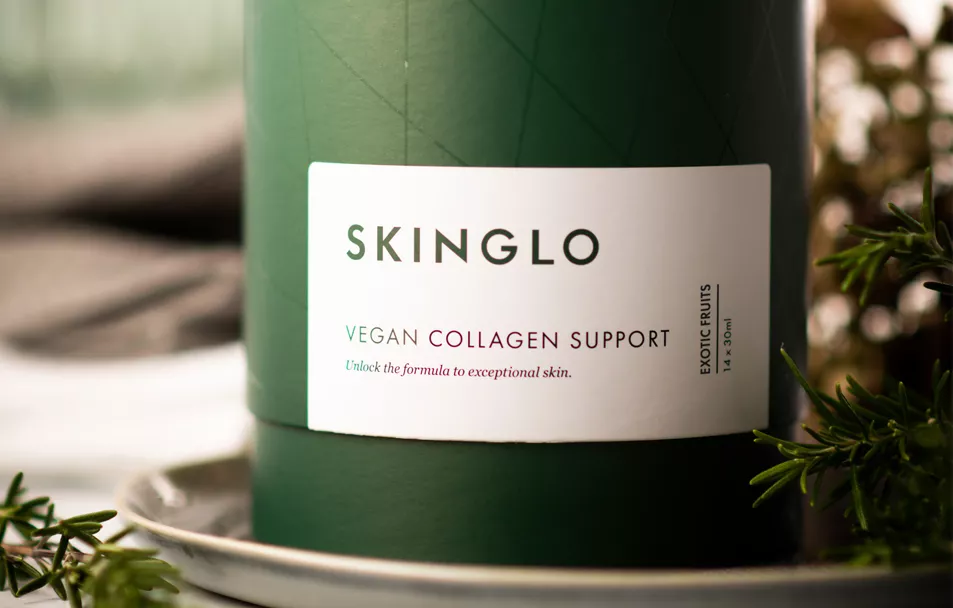
What is Sensitive Skin?
Sensitive skin is a skin type many suffer from. It can make simple everyday tasks, such as choosing a new moisturiser or shower gel, time consuming and frustrating.
How do you know if you have sensitive skin? What ingredients do you need to avoid? Below, we’ve listed key points made by dermatologists about the ins and outs of sensitive skin.
10 Things You Should Know About Sensitive Skin
- “Sensitive skin” isn’t a clinical term. It’s used to describe skin that reacts more to external factors (such as weather) or topical products (like lotions or perfumes). Sensitive skin is easily irritated and can be very uncomfortable.
- It could be an underlying condition. Recurring or ongoing issues could be caused by something else going on in the body. Sufferers of skin conditions such as eczema and psoriasis commonly state that sensitive skin is an issue for them, too. If you experience symptoms such as itching or burning no matter what products you use, see a doctor.
- The fatty external layer of skin, known as the lipid barrier, can affect how sensitive your skin is. This outer layer of the skin is responsible for keeping water in and damage, such as UV rays and harsh chemicals, out. People with sensitive skin usually have a much thinner lipid barrier making them more susceptible to irritation.
- Your immune system could be to blame. Skin sensitivity could be because your immune system is “fighting off” what it believes to be a threat to your body. Itching, redness, scaling and painful skin are all symptoms of this kind of reaction.
- You can develop a skin allergy from being sensitive to a specific substance. Repeatedly exposing skin to a certain product or perfume can lead to a skin allergy. This can be caused by using a product once, or over many years. Once developed, unfortunately there’s no way to reverse it and you’ll be allergic for life.
- As you age, skin can become more sensitive. Our lipid barrier breaks down as we age which can lead to dryer, more sensitive skin.
- Washing your face more than necessary can remove the vital fatty layers that protect our skin. Aim to cleanse once in the morning and once before bed to keep skin dirt-free without cleaning away the vital oils that keep our skin hydrated.
- If you have sensitive skin you should always check the label of products to ensure they are “fragrance free”. Don’t be fooled by “unscented” labels, as this could still contain fragrances or scent-masking chemicals. You should also aim to avoid sulphates, dyes and alcohols, which are known to dry out skin.
- Be careful about using new products with strong active ingredients. Ingredients like salicylic acid are great for oily skin types, but could be drying and irritating for sensitive skin.
- Do patch tests before trying out any new products. Take a small sample of the product and place it either behind the ear or on the inner arm. Leave it for 24 hours and check for signs of redness, soreness or irritation.
If you do have sensitive skin and struggle to find anything to help, don’t worry – SkinGlo may be the saviour you need. SkinGlo is proven to increase skin hydration by 30% after just 4 weeks. Those using SkinGlo has said they’ve found their skin to be more comfortable and hydrated all over the body, and that skin irritation has decreased.
For more information about SkinGlo and how it can help your skin, visit https://www.skinglocollagen.com/the-science/



